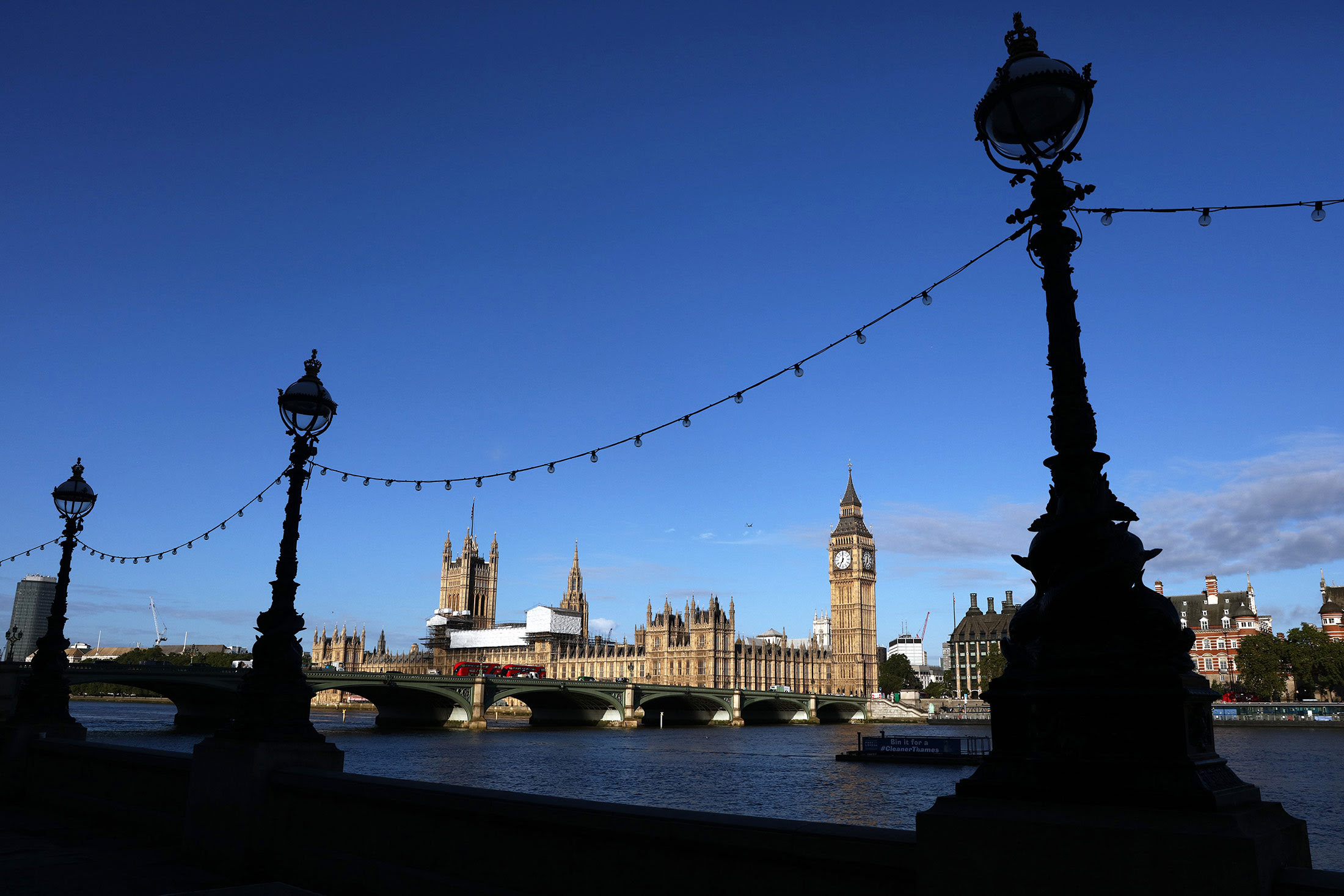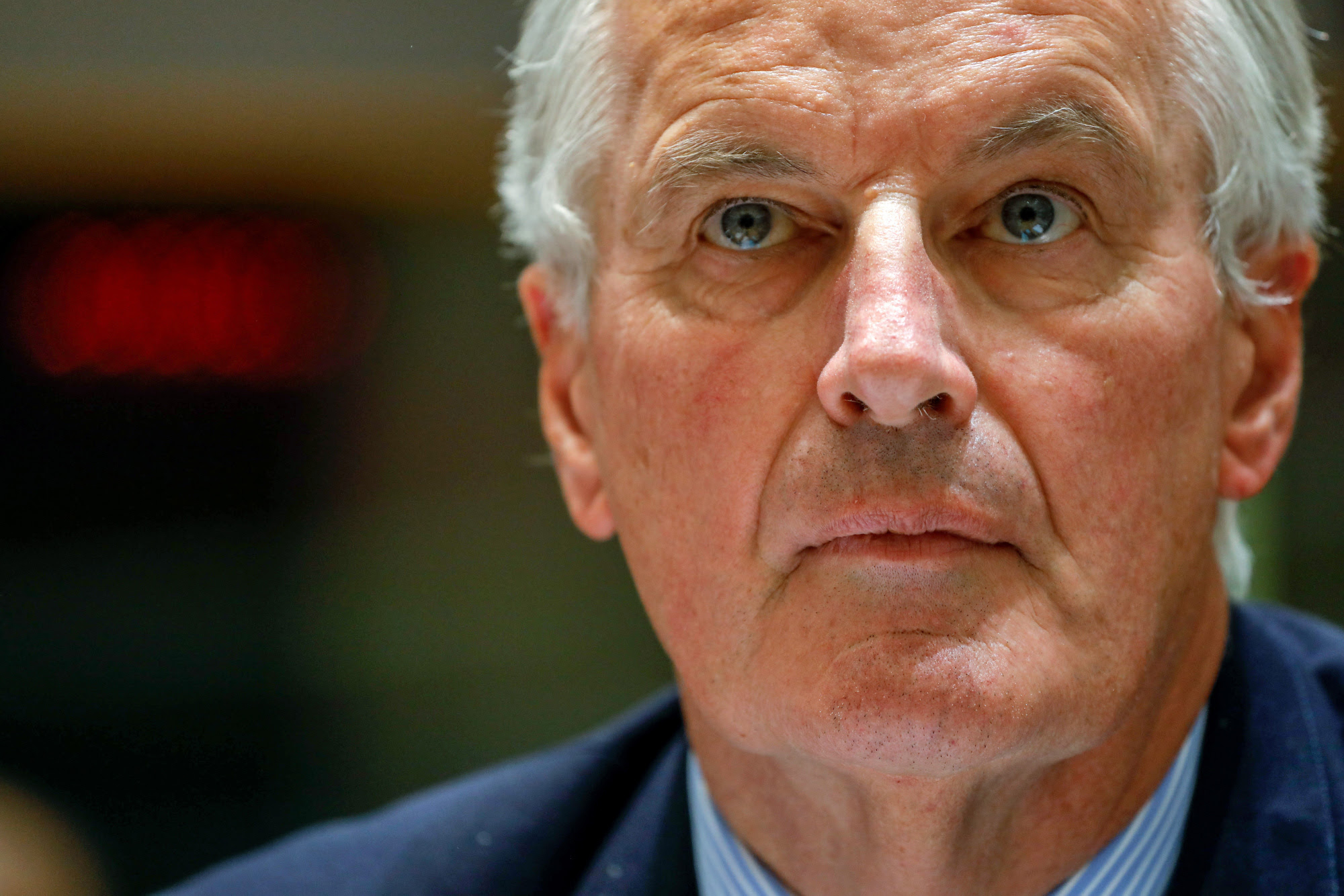Get ready for a rate rise
Brexit is no longer the Bank of England’s biggest concern.
The bank’s monetary policy committee, led by Governor Mark Carney, reacted to accelerating inflation by declaring on Thursday that “some withdrawal of monetary stimulus was likely to be appropriate over the coming months.”
Investors are now anticipating action as soon as the next meeting in November, regardless of any overhanging cloud from the U.K.’s exit from the European Union, which the bank expects to slow the economy.
It’s been over a decade since the BOE last raised rates and for most of the past year it has come under fire from Brexit supporters for highlighting the economic risks of the split. It again warned on Thursday that the divorce poses a challenge to the outlook.
The uncertainty may not be sufficient to stay the BOE’s hand, though. By one measure, the odds on a hike by November have risen to more than 60 percent from 40 percent earlier on Thursday. A rate rise is fully priced in for February 2018.

Bloomberg Intelligence economists Dan Hanson and Jamie Murray say if the BOE does act in November, it’s unlikely to mark the start of a series of interest rate increases. If that proves to be the case, the flow of data should keep rates on hold until 2019.
Over at Bloomberg Gadfly, Mark Gilbert and Marcus Ashworth say policy makers “should continue to charm the pound higher, but should refrain from pulling the rate-rise trigger while growth stays lackluster and consumer confidence remains fragile at best.”
The Business of Brexit
Britain’s retail giants may not be happy about higher interest rates, but there are splits over the economic effects of Brexit as business leaders prepare to meet government officials on Friday.
James Dyson, the man behind the eponymous vacuum cleaner, said on Thursday that the prospect of a disorderly Brexit doesn’t faze him and that the introduction of tariffs on trade “frankly [would] hurt the Europeans more than the British.” For Charlie Mayfield, chairman of John Lewis, one of Britain’s best-loved retailers, Brexit “is having an impact on everyone” and rattling business confidence.
“There needs to be a serious parliamentary debate to find the best way forward for the country and the economy,” Mayfield said.

Simon Wolfson, the boss of apparel chain Next, who like Dyson backed Brexit, also entered the debate by saying “things have stopped getting worse” and that price inflation would soon slow.
Separately, European businesses are getting increasingly frustrated by the slow pace of the Brexit talks, even as post-divorce decisions loom in corporate boardrooms, according to a report from the Council of British Chambers of Commerce in Europe.
Brexit Latest
On the Markets | Sterling surged to its highest against the dollar in a year after the Bank of England revealed its thinking, and the cost of options to buy the pound relative to selling it soared to the steepest in more than three years. Former Chancellor Norman Lamont, who backed Brexit, said sterling could appreciate “considerably” if a Brexit deal is struck.

May Must Listen | Prime Minister Theresa May will have to listen to lawmakers who oppose her Brexit legislation, Leader of the House of Commons Andrea Leadsom said, acknowledging the premier’s weakened hand.
Customs Warning | The head of the U.K. tax agency said Britain could need up to 5,000 extra staff to handle customs and border checks after Brexit, the BBC reported. John Thompson said a new customs arrangement with the EU could cost as much as £800 million ($1.07 billion) and take seven years to implement.
Electricite de France | The French energy giant said the U.K.’s plan to quit the EU treaty that governs nuclear fuel and equipment trade as part of Brexit may hurt the operation of its eight British atomic power stations and its £19.6 billion project in southwest England. Separately, Business Secretary Greg Clark said the U.K. is establishing a domestic nuclear safeguards regime.
Trade Boost | EU officials sought to reassure the U.K. that the EU has no appetite to stall trade negotiations. Press reports that the U.K. will be placed at the back of the queue for a free-trade agreement with the EU after 2019 are “nonsense,” Jyrki Katainen, a vice president of the European Commission, the bloc’s executive, told reporters.



Comentarios
Publicar un comentario